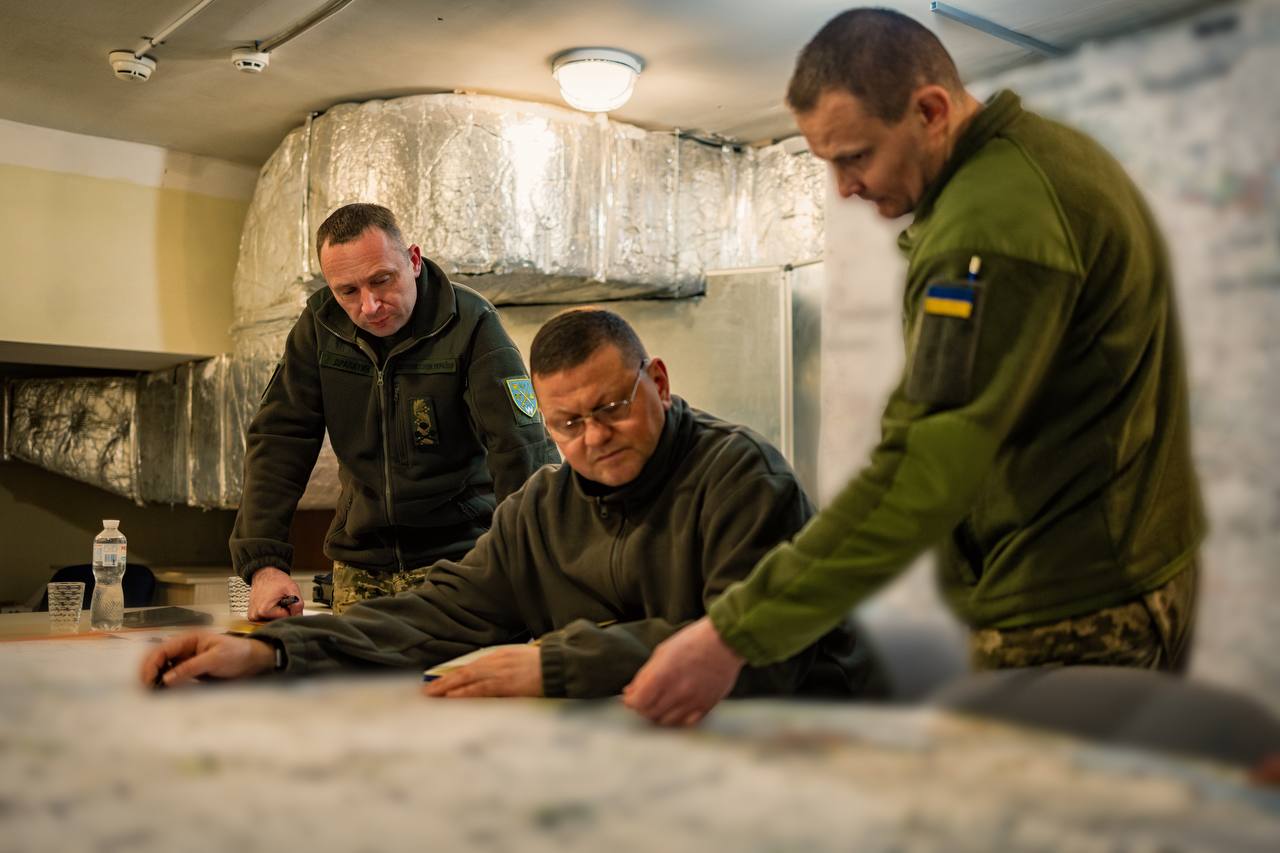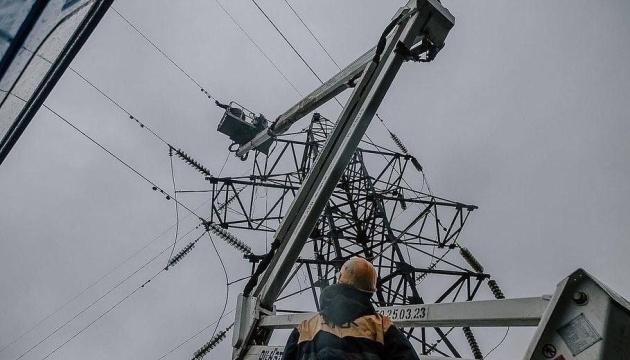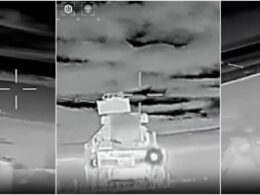The White House is working on a new strategy for the war in Ukraine that does not involve recapturing occupied territories, instead focusing on helping the Ukrainian armed forces repel Russian attacks while moving toward long-term increases in defense capabilities and the Ukrainian economy, The Washington Post reports, citing White House officials.
The US strategy will have a significant impact on Ukraine's strategy for 2024, as the US is Ukraine's most significant military donor, and signals that a transition to active defense is more than likely.
The officials said the 2024 plans do not anticipate significant Ukrainian gains against Russia.
The new approach aims to strengthen Ukraine's military in the long run rather than win back land in the near future. "The idea now is to position Ukraine to hold its position on the battlefield for now, but 'put them on a different trajectory to be much stronger by the end of 2024 ... and get them on a more sustainable path,'" an official said.
The new strategy, The Washington Post writes, differs sharply from last year's approach, when the US and allies rushed equipment to Kyiv and trained soldiers, hoping to help push back the Russian forces that occupied eastern and southern Ukraine. However, this plan failed, mainly due to the heavily fortified minefields and trenches on the front line on the Russian side, the publication notes.
"It's pretty clear that it will be difficult for them to try to mount the same kind of major push on all fronts that they tried to do last year," a senior administration official said, according to The Washington Post.
The US document outlines support in four phases:
- fight
- build
- recover
- reform.
The "fight" phase focuses on providing more ammunition, drones, and air defense, including additional air defense to create protective “bubbles” around Ukrainian cities beyond Kyiv and Odesa.
The "build" phase pledges future security aid to develop a "highly deterrent" Ukrainian military. The strategy also aims to allow key parts of the Ukrainian economy and exports, including steel and agriculture, to recover.
In 2024, the US hopes Ukraine will avoid losing further territory to Russia's occupation of one-fifth of the country.
The Western countries, The Washington Post writes, want Kyiv to focus on tactics that have been more successful recently – conducting long-range fire, containing the Black Sea Fleet, and tying down Russian forces inside Crimea using missile strikes and sabotage.
The US plan became part of efforts by nearly three dozen countries, each preparing a document with specific commitments for Ukraine, The Washington Post writes. T
The US hopes to publish its 10-year agreement in spring 2024. The document will guarantee support for the Ukrainian armed forces' short-term military operations, as well as the creation of forces capable of deterring Russian aggression.
According to one of The Washington Post's sources, this does not mean that the Ukrainians will simply build defensive trenches and "sit in them all year." He adds that both sides will continue to "exchange territories" in small settlements of strategic value, launch "missiles and drones," and Russian forces will continue attacking civilian infrastructure.
However, this plan, The Washington Post notes, also carries political risks – Ukrainians may begin to express dissatisfaction with the stalemate on the front, and leaders of Western countries understand that their citizens' patience regarding financing the war in Ukraine is not unlimited.
President Volodymyr Zelensky acknowledged doubts about ambitious offensives this year without clarity on US aid. "We get asked what's our plan, but we need to understand what resources we're going to have," Ukrainian lawmaker Roman Kostenko told The Washington Post.
US officials believe Russian President Vladimir Putin is unlikely to negotiate seriously this year, hoping Trump will reduce support for Ukraine if reelected. Trump claimed he could settle the war in "24 hours," which Zelensky called "very dangerous."
The strategy aims to "future-proof" aid against a Trump win. But some question shifting focus from sending maximum weapons now. "You cannot win a war by pursuing an incremental step-by-step approach," said former NATO chief Anders Fogh Rasmussen, The Washington Post writes.
Related:
- Why Ukraine’s counteroffensive failed: WP analysis in 7 minutes
- Five realistic scenarios of war in Ukraine in 2024: GLOBSEC report
- Welt: Ukraine prepping for major offensive “like Zaluzhnyi envisioned” in 2024
- WSJ: Ukraine’s counteroffensive plan hinges on 2025





